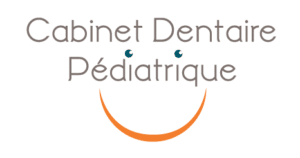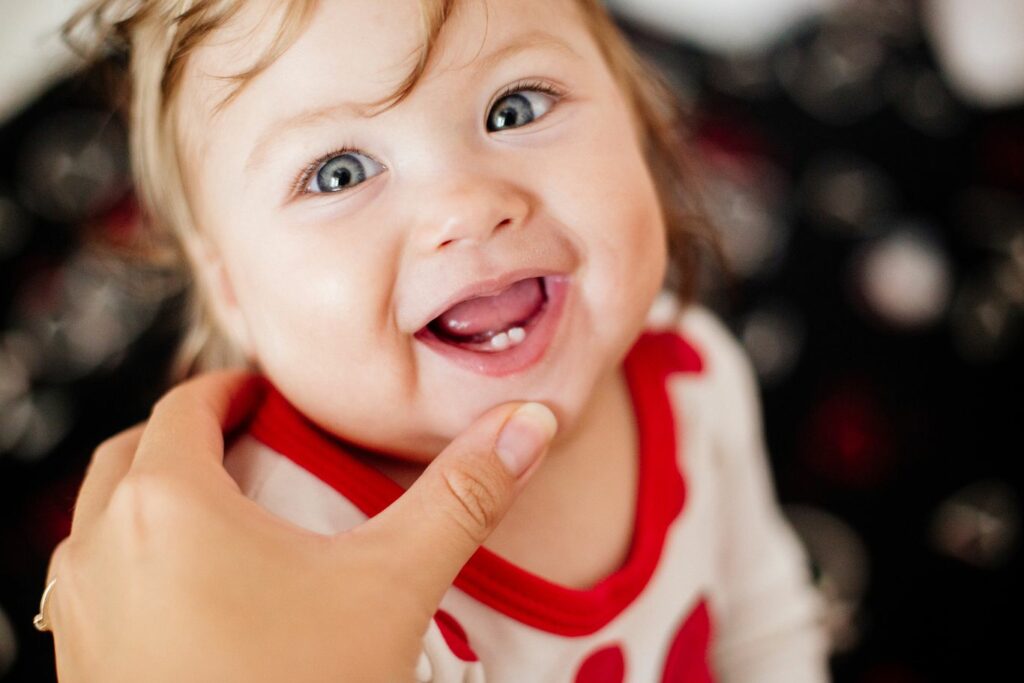The baby's teethThis is a subject that raises many questions! From the age of six months, children develop milk teeth, temporary teeth that appear before the permanent teeth.
The growth of baby teeth is an important stage. They are essential to the child's well-being and good health. Let's see what their main characteristics are and why it is necessary to take care of them.
What is a baby tooth?
Also called decidual or milk teeth, baby teeth form inside the jawbone and gradually move in and out. They appear in the child's mouth once they have passed through the gums.
Milk teeth appear on average in children as early as 6 months of age, usually at the front of the lower jaw first.
However, baby's milk teeth can only appear around 1 year old, while some are even present from birth! Therefore, it is important to understand that the date of appearance of the first tooth can vary significantly. Find out in detail at what age your baby's teeth appear.
Pediatric oral surgeon number of children's teeth is specific, and when all the milk teeth of the child are out, they are twenty in number, so there are ten at the top and ten at the bottom. From then on, they fall out between the ages of 6 and 12 to make room for the permanent teeth.
Do baby's teeth always appear in the same order?
Contrary to popular belief, the first teeth do not appear in the same order for each child.
While baby's baby teeth begin to form during pregnancy, the very first tooth usually comes through between 4 and 7 months.
But as explained above, it is possible that the baby already has one or two teeth at birth, as certain genetic criteria can influence the "early" appearance of the child's neonatal teeth.
If you notice that your baby does not have his baby teeth yet, this should not be a cause for concern. Each child develops at his or her own pace.
Interesting facts about baby teeth
Lactal teeth are very different from permanent teeth, and there are clues on how to recognize a baby tooth.
It is impossible to know which baby teeth come out first. Indeed, from one child to another, the teeth do not always appear in the same place and at the same time.
However, it can be seen that baby teeth come out in a very specific way. Milk teeth always grow symmetrically, in pairs. Moreover, each baby tooth is followed by its twin on the opposite side.
Baby's milk teeth: temporary, but very important!
Just because your child's baby teeth are temporary doesn't mean they aren't important. In fact, they're essential to a child's health. We'll tell you why.
First of all, without them, the child would not be able to chew food during meals. Milk teeth therefore play a crucial role in the child's nutrition, helped by a varied and balanced diet.
Secondly, the very first teeth of a child are essential for the development of language: without them, the child could not articulate and pronounce sounds correctly.
Within the framework of the physical and physiological development of the child, the milk teeth also allow a good occupation of the oral space. In fact, milk teeth prepare the ground for the permanent teeth, which can then settle in a uniform manner.
It's important to understand that baby's baby teeth need to be cared for, even though they will eventually fall out. Find out why and how to preserve a baby tooth thanks to our dedicated article.
When should you take your baby to the dentist for the first time?
A first visit to the dentist is scheduled from the child's 2nd birthday. Moreover, the French Union for Oral Health (UFSBD) recommends a first visit between 1 and 2 years old.
In all cases, your child's first visit to the dentist will allow for an initial assessment of the child's risk of cavities, to detect one or more cavities, and to discuss with the parents the hygiene habits adopted (brushing teeth, adoption of good habits, etc.).
Pain: precautions to take when teething
For children, teething is an episode that can be difficult to cope with. In fact, it is often said that adults are unable to bear the pain of teething.
If you notice that your baby has a slight fever, red cheeks and/or buttocks, swollen gums, salivates a lot, and has trouble sleeping peacefully, this is perfectly normal since these symptoms usually accompany any teething in children.
To relieve baby's pain, there are teething rings in simple or refrigerated versions, as well as gum balms. Homeopathy also seems to work well to soothe a teething child.
If you want to know more about baby teeth, please read our articles to
- All about the molars of the deciduous teeth,
- Find out if thehe milk teeth have a root.


